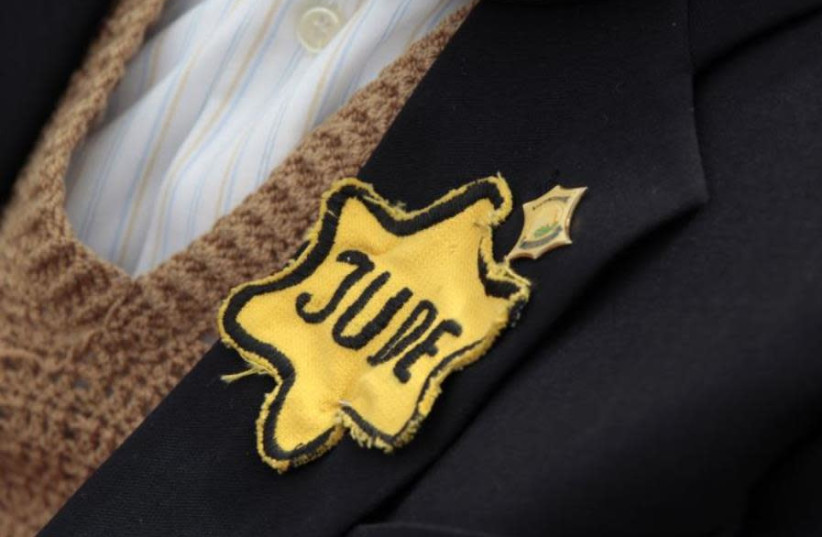
DEAR FRIENDS. IF YOU LIKE THIS TYPE OF CONTENT, SUPPORT SOUTHFRONT WORK:
PayPal: [email protected], http://southfront.org/donate/ or via: https://www.patreon.com/southfront, BTC: 3Gbs4rjcVUtQd8p3CiFUCxPLZwRqurezRZ, BCH ABC: qpf2cphc5dkuclkqur7lhj2yuqq9pk3hmukle77vhq, ETH: 0x9f4cda013e354b8fc285bf4b9a60460cee7f7ea9
The explosion in the port of Beirut in early August that caused thousands of casualties became a trigger point for the further development of the already existing crisis in Lebanon.
In the following week days after the August 4 explosion, a series of large-scale protests took place in Beirut. Protesters clashed with police, hung cardboard figures of Lebanese politicians, like President Michel Aoun and Hezbollah leader Hassan Nasrallah, and stormed government buildings, including the Ministry of Foreign Affairs, the Ministry of the Economy, the Ministry of the Environment, the Association of Banks and the Ministry of Energy and Water. As of August 10, a few dozen people have already been injured and protests continue.
A number of Lebanese politicians, who are known to be close to the West, announced their resignation from the country’s Parliament. The Lebanese Minister of Information, Manal Abdel Samad, also resigned along with the Environment Minister Damianus Qitar. According to the Lebanese media, a number of other ministers are planning to announce their resignation soon. The Lebanese government is about to end its existence in its current form.
The protests received wide coverage in Israeli media, which painted the crisis as a ‘popular resistance’ against Hezbollah and political parties that cooperate with it. Various pro-Israeli sources actively speculate that the entire tragedy was likely caused due to the ‘destructive Hezbollah actions’ if not a Hezbollah weapon depot explosion. The Hezbollah political wing is an official political party in Lebanon and its Loyalty to the Resistance Bloc has 13 seats. The movement itself through its social, economic and security programs has strong popular support across the country. Slogans and chants known to be allies of the U.S. expectedly received less coverage.
The deepening crisis in Lebanon also caused a notable reaction on the international level, in particular with the United States and France actively offering their assistance. US President Donald Trump, who already declared that the explosion may have been an attack, was especially active in calling about the need to find the party behind the Beirut explosions. Taking into account the general course of the Trump administration aimed at the confrontation with the Iranian-led bloc in the Middle East and its unconditional support to Israel, it’s easy to suggest whom the White House will find guilty in the crisis.
At the same time, the Israeli Defense Forces (IDF) continued their military buildup on the contact line with southern Lebanon and in the occupied area of Syria’s Golan Heights. On August 9, Lt. Gen. Aviv Kochavi, Chief of the General Staff of the IDF, came with new accusations against Iran claiming that the shelling of Israeli forces on the separation line with the Syrians was linked with Iran. In his speech, Lt. Gen. Kochavi set the Israeli goals in what he called the “battle between wars” as follows:
- The Iranian nuclear program.
- Preventing the “radical axis” [Iran and its allies] from establishing a presence in Syria.
- Denying Israel’s enemies on all fronts, especially in the north, from obtaining precision-guided missiles and munitions.
IDF troops in northern Israel have been on a high alert since July 20, when a series of Israeli strikes on the Syrian capital, Damascus, killed a fighter of Lebanon’s Hezbollah.
In fact, the Beirut port explosions became a gift for the Israeli political leadership and its supporters giving them a chance to use the crisis to achieve their goals in Lebanon. The observed diplomatic and media activity demonstrates that Tel Aviv and Washington have already started a campaign to undermine positions of Hezbollah, at least on the political level, and fuel tensions between supporters of the group and the relatively pro-Western part of the population. Clandestine actions to fuel chaos in Lebanon are likely to follow.
The main problem of this approach is that in the case of success, it may lead to a new cycle of violence and civilian casualties in Lebanon, first of all in Beirut and may even trigger the resumption of clashes on the Lebanese-Israeli contact line. Nonetheless, this is the price that the pro-Israel bloc is ready to pay to achieve its political goals and deny the Lebanese the ability to protect its national sovereignty from foreign actors in any foreseeable future.
Filed under: France, Hezbollah, Iran, Lebanon, USA | Tagged: AngloZionist Empire, Beirutshima, Hezbollah Versus IOF, IOF the “invincible army”, Lebanon’s Zionists, Macron, Trump |
Related posts:
Views: 0
 RSS Feed
RSS Feed

















 August 11th, 2020
August 11th, 2020  Awake Goy
Awake Goy 



 Posted in
Posted in  Tags:
Tags: 
















